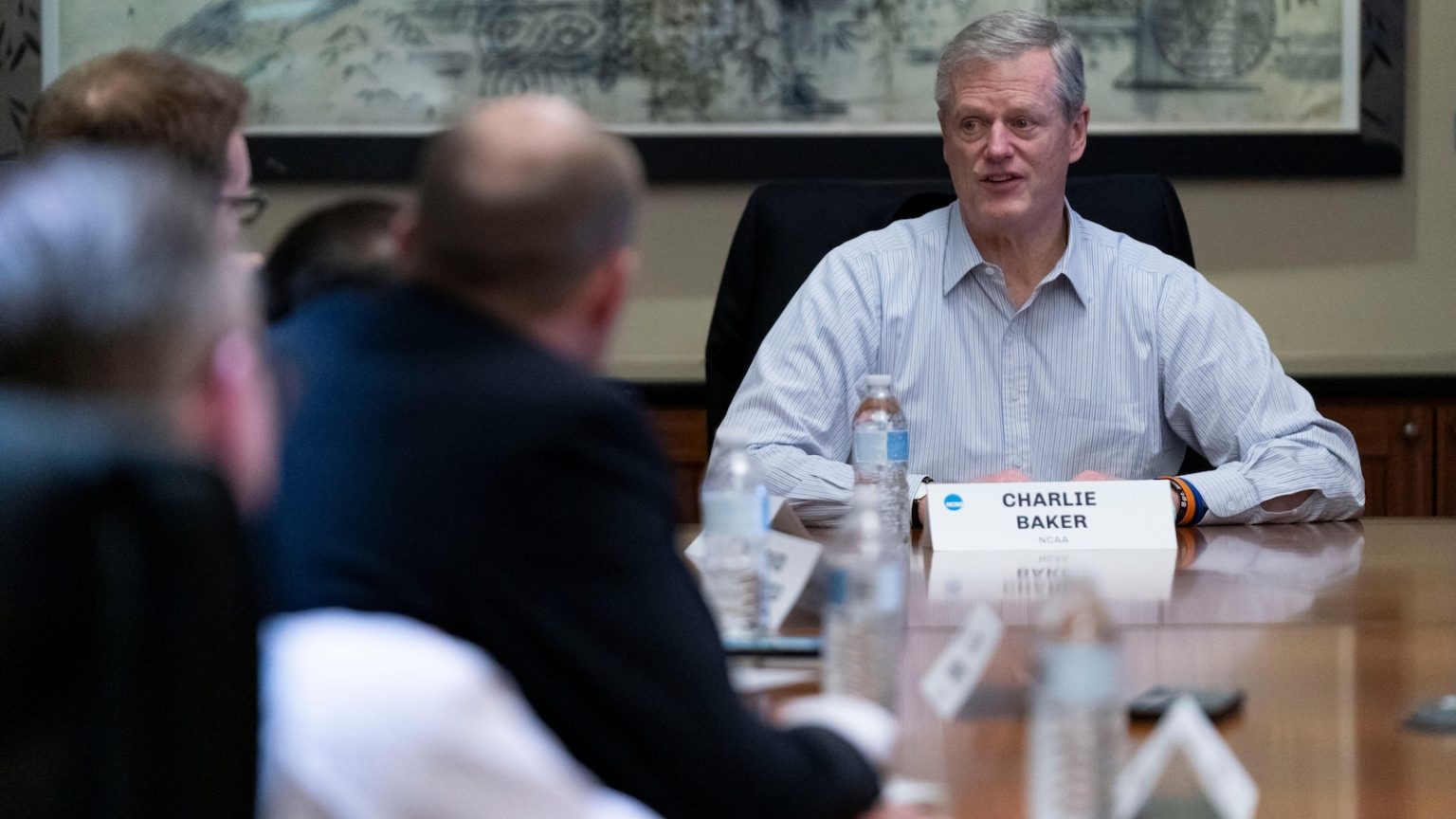NCAA President Charlie Baker expressed the urgent need for action by Congress to protect college athletes following a Tennessee court ruling that allowed schools to use name, image, and likeness (NIL) money to recruit athletes. Baker emphasized the importance of the NCAA receiving a limited antitrust exemption to establish rules safeguarding college sports without the constant threat of litigation. He proposed creating a new tier of Division I that would allow schools making the most money from sports to pay their athletes, but he also stressed the importance of protecting sports at the majority of member schools that operate at a financial loss.
Baker highlighted the challenges that historically Black colleges and universities, as well as Division II and III schools, would face if athletes were classified as employees. He estimated that 95% of colleges that spend between $40 million and $5 million on college sports would struggle to generate revenue to pay their athletes due to their lack of TV contracts and financial resources. Baker acknowledged the need for Congress to take action to standardize players’ NIL rights and expand opportunities for athletes to earn money, considering potential court decisions and new challenges that may arise.
While Baker acknowledged that congressional action may not be a top priority amid other pressing issues like border security and Ukraine funding, he emphasized the importance of safeguarding college sports for the long term. He noted that the antitrust exemption sought by the NCAA is narrower than previous requests and could provide a framework for addressing key issues facing college athletics. The NCAA and Power Five conferences have invested significant resources in lobbying efforts to advance their goals on Capitol Hill, with a notable increase in spending in recent years.
However, some senators, such as Marsha Blackburn and Chris Murphy, have expressed skepticism about the NCAA’s efforts to seek congressional assistance. Blackburn criticized the NCAA for its history of unfair punishments and urged the organization to address internal issues before seeking external support. Murphy highlighted the NCAA’s increased spending on lobbyists and legal defense as an attempt to maintain an unsustainable status quo in college sports. He called for direct negotiations between the NCAA and athletes to develop a new model that provides fair pay and protections for student-athletes.
In summary, NCAA President Charlie Baker’s call for congressional action to protect college athletes reflects the ongoing challenges facing the organization amid legal disputes and regulatory changes. The need for a limited antitrust exemption to safeguard college sports and standardize players’ NIL rights is crucial to ensure the long-term viability of college athletics. While the NCAA and Power Five conferences have ramped up lobbying efforts to advance their agenda, some senators have raised concerns about the NCAA’s approach and urged the organization to address internal issues before seeking external assistance. The path forward for college sports regulation remains complex, with the outcome hinging on congressional action and ongoing negotiations between stakeholders.









